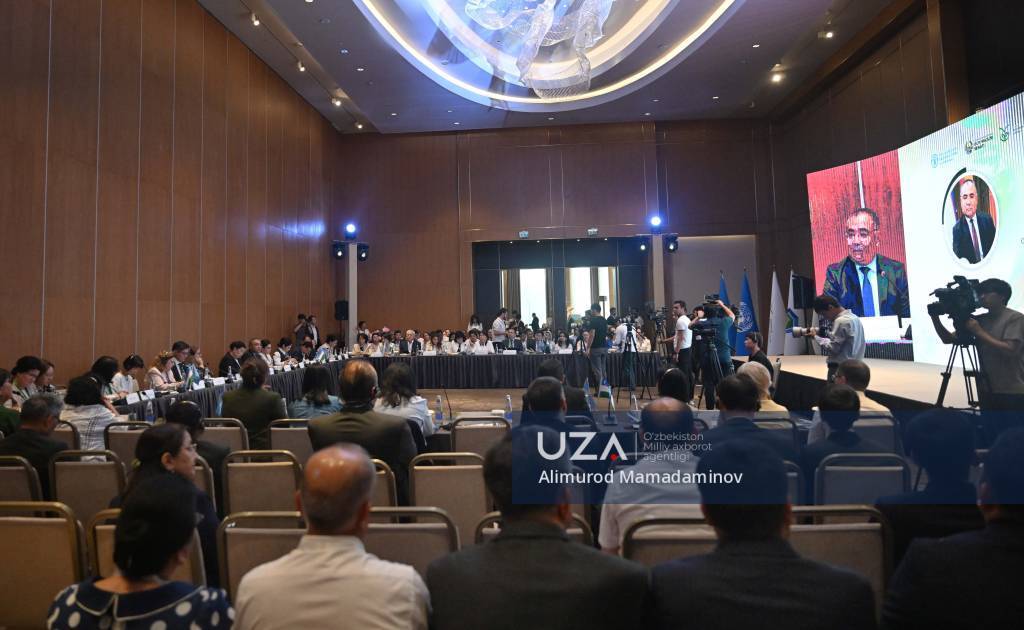
The Ministry of Agriculture, in collaboration with the Senate of the Oliy Majlis of the Republic of Uzbekistan and the Food and Agriculture Organization of the United Nations (FAO), convened a national dialogue on gender equality in agricultural policy, laying the groundwork for sustainable rural development.
The dialogue focused on the presentation of the Ministry of Agriculture’s approved Gender Strategy for 2025-2030. This document, developed with technical assistance from FAO, aims to strengthen women’s land ownership rights, broaden access to financial services, and enhance their role in decision-making processes.
The event brought together members of the Legislative Chamber and Senate of the Oliy Majlis, representatives of the ministries of agriculture, economy and finance, employment and poverty reduction, the Family and Women’s Committee, international organizations, non-governmental institutions, academia, farmers, and students from agricultural universities.
According to FAO data, women make up nearly 40 percent of the agricultural workforce in Uzbekistan, yet their representation in leadership positions amounts to only 7 percent.
“Gender equality is essential for the sustainable development of agriculture”, said the Minister of Agriculture of the Republic of Uzbekistan, Ibrokhim Abdurakhmonov, in his opening remarks. “Our women are the backbone of this sector. The Gender Strategy will serve to strengthen their land ownership rights, improve access to financial resources, and leadership roles. It is not just a document, it is a roadmap for reinforcing women’s land rights, expanding their economic opportunities, and ensuring their full participation in the sector”.
Students presented innovative startups and research projects related to gender equality. Detailed information was provided on the Strategy’s priority areas, expected outcomes, and the mechanisms for achieving them.
During the event, memoranda of understanding were signed between FAO, UNFPA, and the Family and Women’s Committee. Additionally, individuals actively involved in advancing gender equality policies within the sector were recognized and awarded.
Participants were shown video clips and documentary films based on real-life stories of women. It was also announced that the informational platform www.genderagri.uz had been launched to raise public awareness about the essence and importance of the Strategy.
In conclusion, a document titled “Call to Practical Action” was adopted, outlining the priority areas for the Strategy’s implementation.
[gallery-24076]
Kamola Yusupova, photos by Muhammad Amin, UzA








